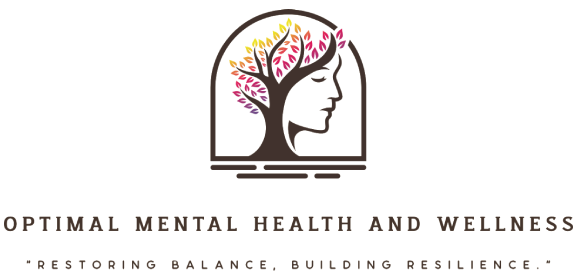
Psychiatric Evaluation
A psychiatric evaluation is a comprehensive assessment that aims to understand an individual’s mental health by exploring factors affecting various aspects of life and well-being.
It considers details such as current symptoms, medical and psychiatric history, lifestyle, relationships, spirituality, and stress management.

Medication & Nutritional Management
Medication management involves the use of psychiatric medications to help manage symptoms of mental health disorders.
Nutritional management focuses on the role of diet and nutrition in mental health.
Combining medication and nutritional management provides a holistic approach to mental health care.
This integrated strategy aims to
Enhance the effectiveness of medications through optimal nutrition.
Reduce side effects of medications by addressing nutritional deficiencies.
Empower individuals to take an active role in their mental health through lifestyle and dietary changes.

Psychotherapy
- Individual therapy
- Couples/marriage therapy
- Family therapy
- Child/teen therapy
- Online therapy
- COMMON SPECIALTIES & approaches
- Anxiety therapy
- Cognitive behavioral therapy (CBT)
- Depression counseling
- Dialectical behavior therapy (DBT)
- Grief & loss counseling
- Relational therapy
Therapy can be highly beneficial for mental health for several reasons:
- Safe Space: Therapy provides a confidential environment where individuals can express their thoughts and feelings without judgment.
- Emotional Support: A therapist can offer empathy and understanding, helping individuals feel less isolated in their struggles.
- Self-Exploration: Therapy encourages self-reflection and insight, helping individuals understand their emotions, behaviors, and patterns.
- Coping Strategies: Therapists can teach practical tools and techniques to manage stress, anxiety, depression, and other mental health issues.
- Goal Setting: Therapy can help individuals set and work toward personal goals, fostering a sense of direction and purpose.
- Relationship Improvement: Through therapy, individuals can learn to communicate better, resolve conflicts, and strengthen relationships.
- Skill Development: Therapy can enhance problem-solving skills, emotional regulation, and resilience, equipping individuals to handle future challenges.
- Tailored Approaches: Different therapeutic modalities (like cognitive-behavioral therapy, mindfulness, etc.) can be adapted to meet individual needs, making therapy effective for various issues.
Overall, therapy promotes mental well-being, personal growth, and a deeper understanding of oneself, contributing to a healthier, more balanced life.
